Portal:Psychology/Selected picture
Usage
[edit]The layout design for these subpages is at Portal talk:Psychology/Selected picture.
- Add a new selected picture to the next available subpage.
- Update "max=" to new total for its {{Random portal component}} on the main page.
Selected pictures list
[edit]Portal:Psychology/Selected picture/1
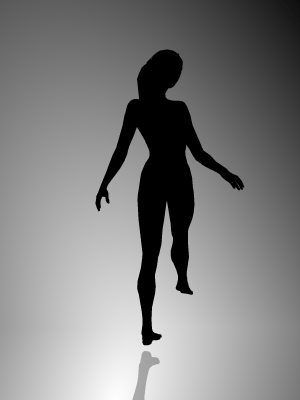
Portal:Psychology/Selected picture/2

Portal:Psychology/Selected picture/3

Portal:Psychology/Selected picture/4
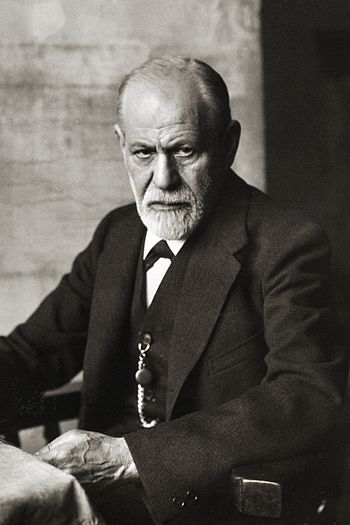
Portal:Psychology/Selected picture/5

Portal:Psychology/Selected picture/6

Portal:Psychology/Selected picture/7

Portal:Psychology/Selected picture/8
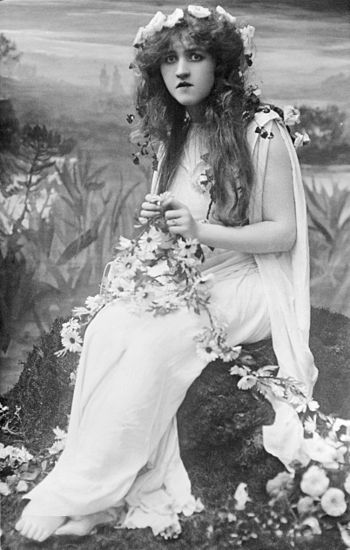
Portal:Psychology/Selected picture/9

Portal:Psychology/Selected picture/10

Portal:Psychology/Selected picture/11

When the patient lashes out against "them" - THORAZINE (brand of chlorpromazine) quickly puts an end to his violent outburst. 'Thorazine' is especially effective when the psychotic episode is triggered by delusions or hallucinations. At the outset of treatment, Thorazine's combination of antipsychotic and sedative effects provides both emotional and physical calming. Assaultive or destructive behavior is rapidly controlled. As therapy continues, the initial sedative effect gradually disappears. But the antipsychotic effect continues, helping to dispel or modify delusions, hallucinations and confusion, while keeping the patient calm and approachable. SMITH KLINE AND FRENCH LABORATORIES leaders in psychopharmaceutical research.
Portal:Psychology/Selected picture/12

Portal:Psychology/Selected picture/13

Portal:Psychology/Selected picture/14

Portal:Psychology/Selected picture/15

Portal:Psychology/Selected picture/16

Portal:Psychology/Selected picture/17

Portal:Psychology/Selected picture/18

Portal:Psychology/Selected picture/19

Portal:Psychology/Selected picture/20

Portal:Psychology/Selected picture/21

Portal:Psychology/Selected picture/22

Portal:Psychology/Selected picture/23

Portal:Psychology/Selected picture/24

Portal:Psychology/Selected picture/25

Portal:Psychology/Selected picture/26

Portal:Psychology/Selected picture/27

Portal:Psychology/Selected picture/28

Portal:Psychology/Selected picture/29

Portal:Psychology/Selected picture/30 Portal:Psychology/Selected picture/30
Portal:Psychology/Selected picture/31

Portal:Psychology/Selected picture/32
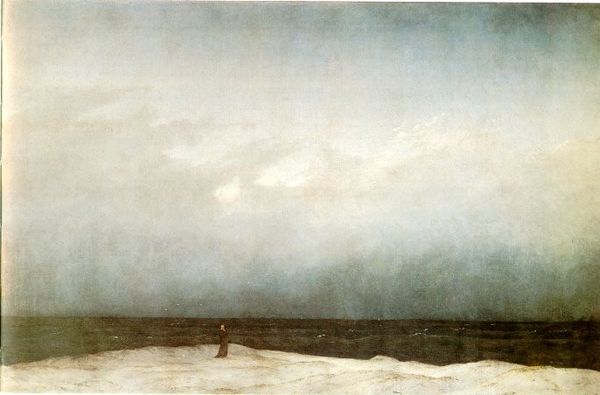
Portal:Psychology/Selected picture/33

Portal:Psychology/Selected picture/34

Portal:Psychology/Selected picture/35
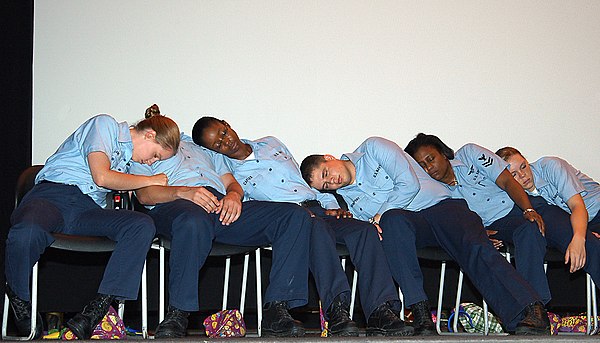
Portal:Psychology/Selected picture/36

Portal:Psychology/Selected picture/37

Portal:Psychology/Selected picture/38

Portal:Psychology/Selected picture/39

Portal:Psychology/Selected picture/40 Portal:Psychology/Selected picture/40
Portal:Psychology/Selected picture/41 Portal:Psychology/Selected picture/41 File:Louann Brizendine, M.D.jpg
Nominations
[edit]Feel free to add related featured pictures to the above list. Other pictures may be nominated here.
